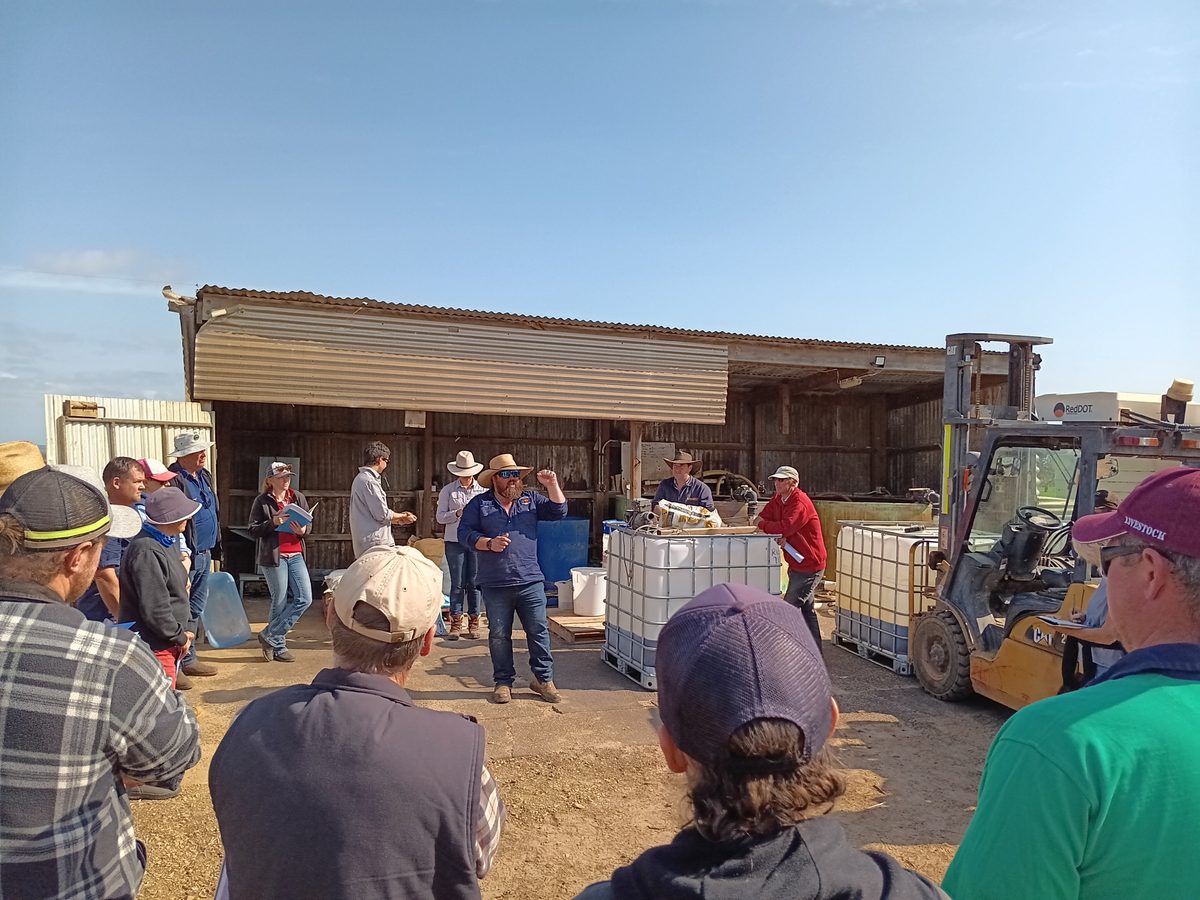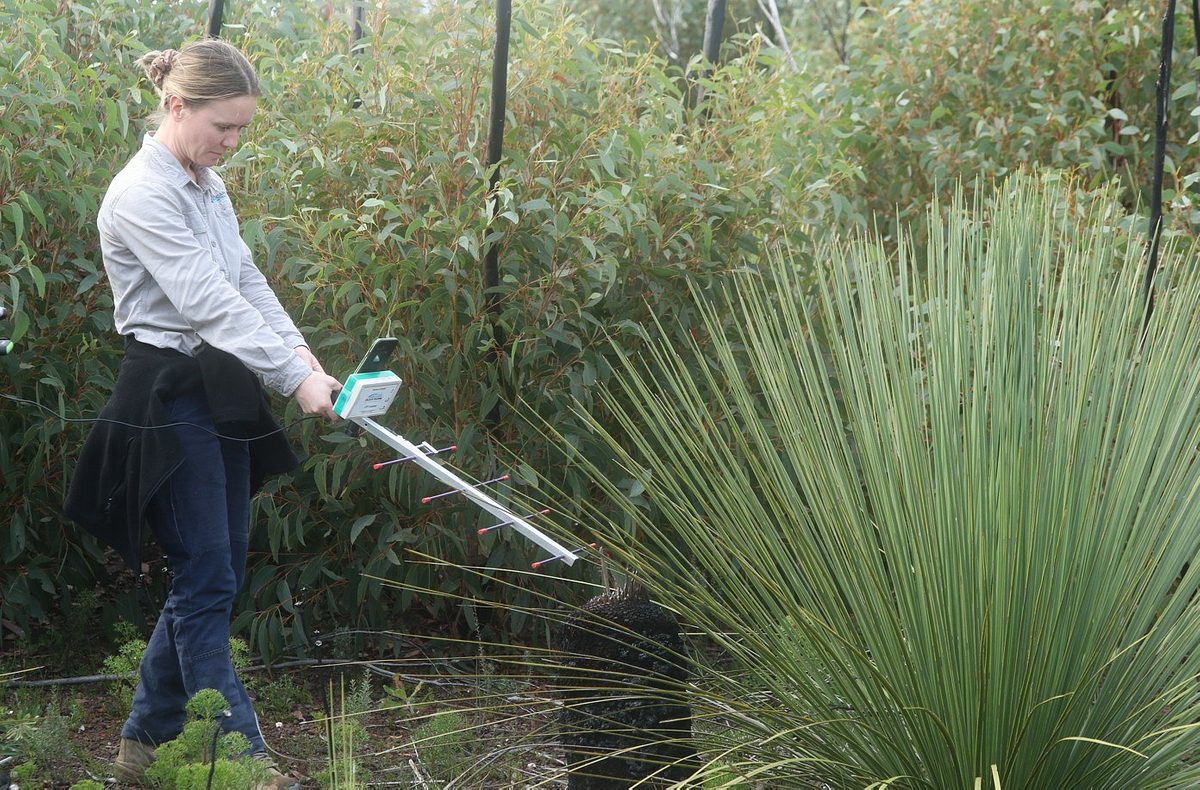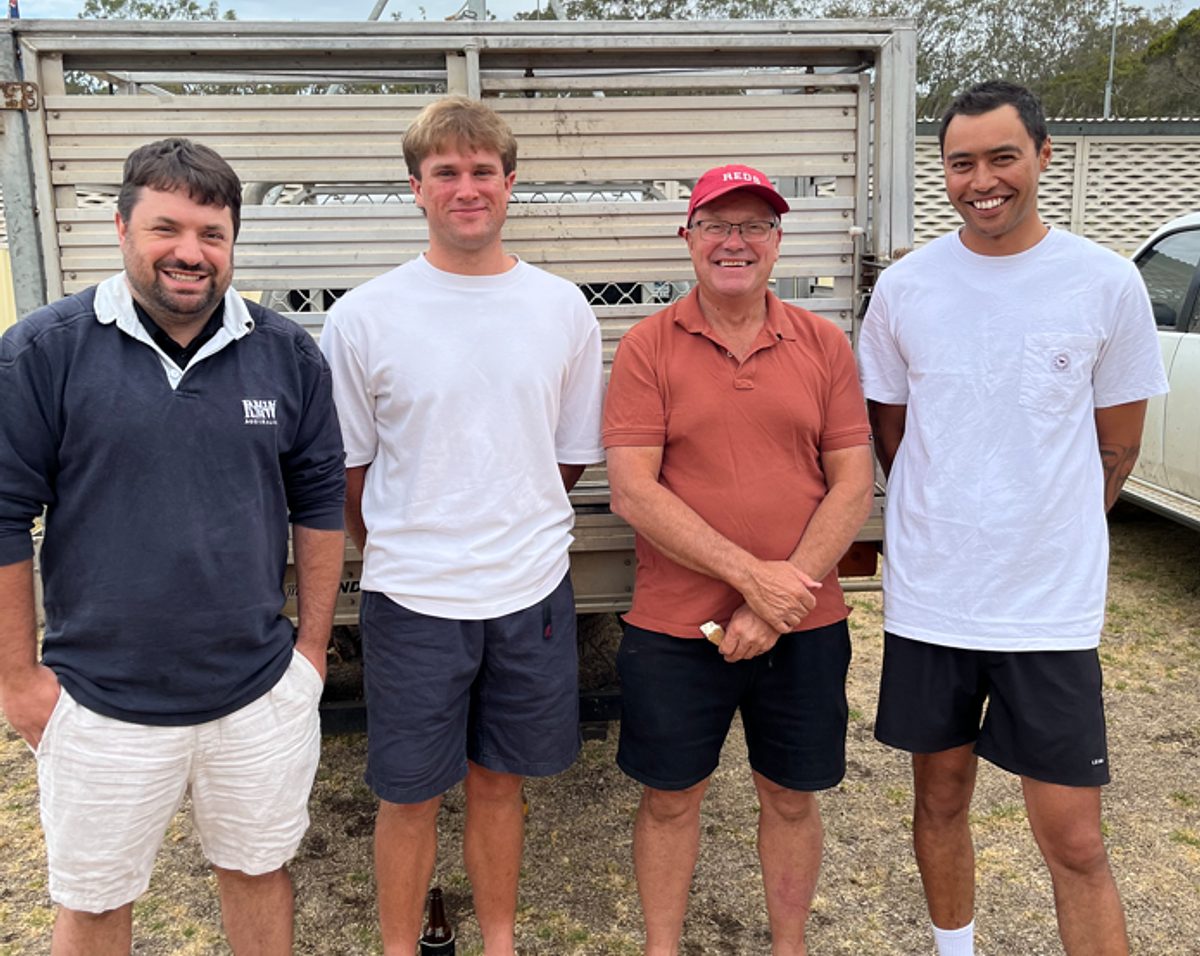Weeds are one thing we don’t want to help recover
The risk of weed invasion on farms and the environment dramatically increases after fire with the spread of weeds often overlooked, as understandably, many are dealing with other pressing emergency response and recovery issues.
There are many types of weeds that can be found after fire, many of which are highly invasive displacing native vegetation, increase fuel loads, harbour pest animals and diseases, as well as take up valuable farming land.
Staff at Natural Resources Kangaroo Island are on hand to help you identify and treat weeds on your property through COVID-19.
Presiding Member of the incoming new KI Landscape Board, Andrew Heinrich, says that we understand that other priorities must take precedence following the bushfires but that now is an opportune time to tackle weeds saving you time, money and effort down the road.
“The bushfires have impacted many lives on KI, not least farmers and other landholders. Our immediate focus was on providing relief and helping get people back on their feet, as we focus on recovery efforts we now have to start looking at the long-term effects on the island,” said Mr Heinrich.
“For help and advise you can ring your local Animal and Plant Control Officer or you can also find plenty of useful information and advice on how to identify, treat or control weeds through the Weed Control Handbook, or by downloading the SA Weed Control appfor your smart phone.”
Animal and Plant Control Officer at Natural Resources Kangaroo Island, Jason Walter, says that it is not until some months after a fire, when it starts to rain, that weeds become obvious and that early detection and control can have positive outcomes.
“Some weeds that can survive fire, as they regrow from their bulbs or corms, like bridal creeper and cape tulip are often highly invasive and if left will displace native plants and animals over time, “said Mr Walter.
“After a fire there is a great opportunity to eradicate these weeds from an area permanently.”
During the response to fires, a lot of vehicle movement takes place, which can often lead to the spread of weeds.
Whilst, traditionally, the west end of Kangaroo Island only had a small proportion of the weed species compared to that found on the eastern end of the island and the mainland there is now a risk of new weeds springing up.
One risk is from the movement and importation of contaminated fodder, grain and livestock onto farmland following a bushfire.
To minimise this risk, farmers and land managers can implement some simple actions which may save money, environmental values and avoid future stress whilst recovering from an emergency.
To help prevent spread of weeds on the farm it is best to confine stock to one paddock for a week after purchase and to feed imported fodder in the same place or practice containment feeding.
This should be in an area that can be checked for weeds biannually easily for summer and winter weeds. Fodder should also be placed away from traffic to prevent the spread of weeds by vehicles and animals.
To learn more about how to reduce the spread of weeds and prevent the establishment of new weed species, download the Livestock management guidelines and Fodder management guidelines.
A large part of successfully controlling weeds is the early detection and identification of the weed, so appropriate controls can be applied.
Natural Resources Kangaroo Island have developed a web resource, Bushfires and weeds, helping people identify and control the most common weeds found following fires on KI, This webpage can be found here: www.landscape.sa.gov.au/ki/land-and-water/fire-management/Bushfires_and_weeds
There will also be a series of social media posts on NRKI’s Facebook and Twitter channels.



